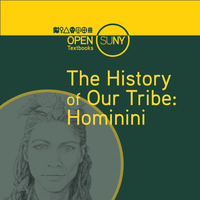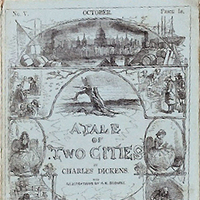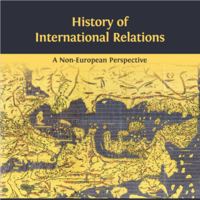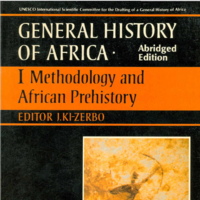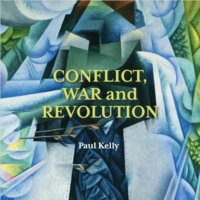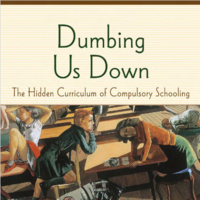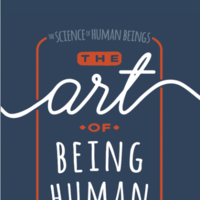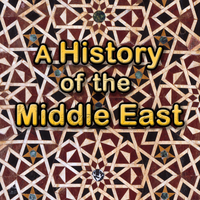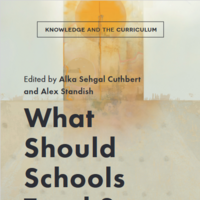Search
Books+
Searching 1,73 books
Search related to the career Historian
What a Historian Needs to Know
1. Research Skills: Historians must possess strong research skills to gather and analyze historical information from various sources such as archives, libraries, primary documents, and oral histories.
2. Critical Thinking: Historians need to think critically and objectively evaluate historical evidence, sources, and interpretations. They must be able to analyze different perspectives and draw conclusions based on evidence.
3. Knowledge of Historical Methodology: Historians should be familiar with different historical methodologies and approaches, such as social history, cultural history, political history, economic history, etc. They need to understand how to apply these methodologies to their research.
4. Understanding of Chronology: Historians must have a solid understanding of chronology and the ability to place historical events, people, and developments in the correct time period. This helps in creating a coherent narrative and analyzing cause-and-effect relationships.
5. Contextual Knowledge: Historians need to have a broad understanding of the historical context in which events occurred. This includes knowledge of political, social, economic, cultural, and intellectual factors that influenced historical developments.
6. Familiarity with Historiography: Historians should be aware of the different interpretations and debates within the field of history. They need to understand how historical interpretations have evolved over time and be able to engage with existing historiographical debates.
7. Strong Writing Skills: Historians must be able to communicate their research findings effectively through clear and concise writing. They should be able to construct coherent arguments and present evidence to support their claims.
8. Language Proficiency: Historians often need to work with primary sources in different languages. Therefore, proficiency in multiple languages, especially those relevant to their area of specialization, is beneficial.
9. Ethical Considerations: Historians should be aware of ethical considerations in historical research, such as respecting the privacy and confidentiality of individuals, avoiding bias, and presenting a balanced view of historical events.
10. Continuous Learning: Historians need to stay updated with the latest research, theories, and discoveries in their field. They should engage with scholarly literature, attend conferences, and participate in academic discussions to enhance their knowledge and understanding of history.
Source: Various AI tools
Historia
Books tagged history
Bunilizi ya kihistoria
Binadamu
Books tagged anthropology
Staarabu za kale
Searched in English.




